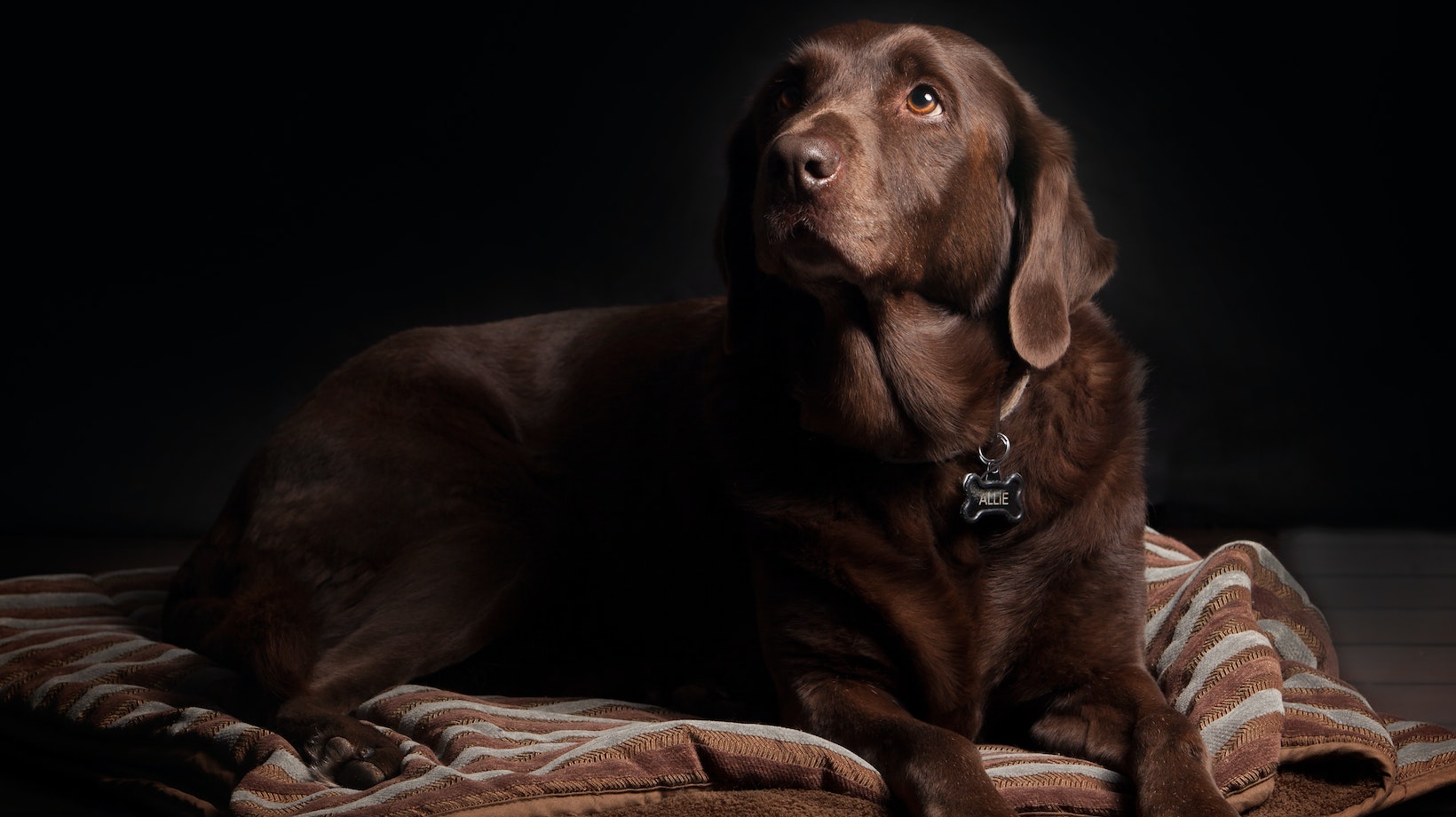Are you tired of waking up to a puddle on your living room floor? Dealing with a dog that pees in the house at night can be frustrating and messy. As a dog owner myself, I understand the struggle. In this article, I’ll share some effective tips and strategies to help you stop your Labrador from peeing in the house at night.
One possible reason why your Labrador is having accidents inside could be due to insufficient potty training. Whether you have a young puppy or an adult dog, it’s important to establish a consistent routine for bathroom breaks. Take your Labrador out for regular walks before bedtime, allowing them ample time to relieve themselves outside. By establishing this routine, you’ll reduce the likelihood of accidents occurring during the night.
How to Stop Dog Peeing in House at Night
Common Causes of Dog Peeing in the House at Night
Many dog owners have experienced the frustration of waking up to find a puddle on their living room floor. Understanding why dogs pee in the house at night can help us address this issue. Here are some common causes:
- Incomplete house-training: Puppies and even adult dogs may not have been properly trained to hold their bladder overnight. If they haven’t been taught where and when to eliminate, accidents can happen indoors.
- Insufficient bathroom breaks: Dogs, especially those with smaller bladders like Labradors, may need to relieve themselves more frequently than we realize. If they aren’t given enough opportunities for bathroom breaks before bed, they may resort to peeing inside.
- Anxiety or stress: Just like humans, dogs can experience anxiety or stress that leads to nighttime accidents. Changes in routine, loud noises, separation anxiety, or unfamiliar environments can all contribute to a dog feeling uneasy and unable to hold their bladder during the night.
Health Issues That May Lead to Nighttime Accidents
Sometimes underlying health conditions can be responsible for a dog’s nighttime peeing problem. It’s important to rule out any medical issues that might be affecting your furry friend’s ability to control their bladder during sleep. Consider these possibilities:
- Urinary tract infections (UTIs): UTIs are common in dogs and can cause frequent urination and accidents indoors.
- Bladder stones: These mineral formations in the bladder can irritate the lining and lead to increased urgency and accidents.
- Incontinence: Older dogs, especially spayed females, may suffer from weakened sphincter muscles that result in involuntary urine leakage during sleep.
Behavioral Factors Contributing to Dogs Peeing Indoors During the Night
In addition to physical factors, certain behavioral issues can contribute to a dog’s nighttime peeing habit. Understanding these factors can help us address the problem more effectively:
- Marking behavior: Dogs, particularly unneutered males, may mark their territory by urinating indoors. This behavior is often triggered by hormonal changes or the presence of other animals.
- Lack of access to the outdoors: If a dog is confined to an area without access to outdoor spaces during the night, they may resort to using indoor spaces as their bathroom.
- Lack of routine and structure: Dogs thrive on routine and structure. Inconsistent schedules or changes in their environment can disrupt their natural bladder control and lead to accidents at night.

Limiting Water Intake Before Bedtime
When it comes to addressing the issue of a dog peeing in the house at night, one effective strategy is to limit their water intake before bedtime. This can help prevent excessive urination during the night and reduce the chances of accidents occurring indoors. Here are a few tips to implement this approach:
- Establish a routine: Set specific times for your Labrador’s meals and water breaks throughout the day. By following a consistent schedule, you can regulate their fluid intake more effectively.
- Monitor water consumption: Keep an eye on how much water your Labrador drinks during the evening hours. While it’s important to provide them with enough hydration, reducing their intake closer to bedtime can be beneficial in preventing nighttime accidents.
- Offer smaller portions: Instead of providing a large bowl of water all at once, try offering smaller amounts throughout the day. This way, your Labrador won’t consume excessive amounts of water right before bed.
- Time restrictions: Consider implementing time restrictions on when your dog has access to water before going to sleep. For example, you could remove their water bowl an hour or two prior to bedtime.
- Encourage bathroom breaks: Before settling down for the night, make sure to take your Labrador outside for a bathroom break. This will give them an opportunity to relieve themselves and empty their bladder before sleep.
By implementing these strategies and limiting your Labrador’s water intake before bedtime, you can help minimize the chances of them needing to pee during the night and reduce instances of accidents inside the house.